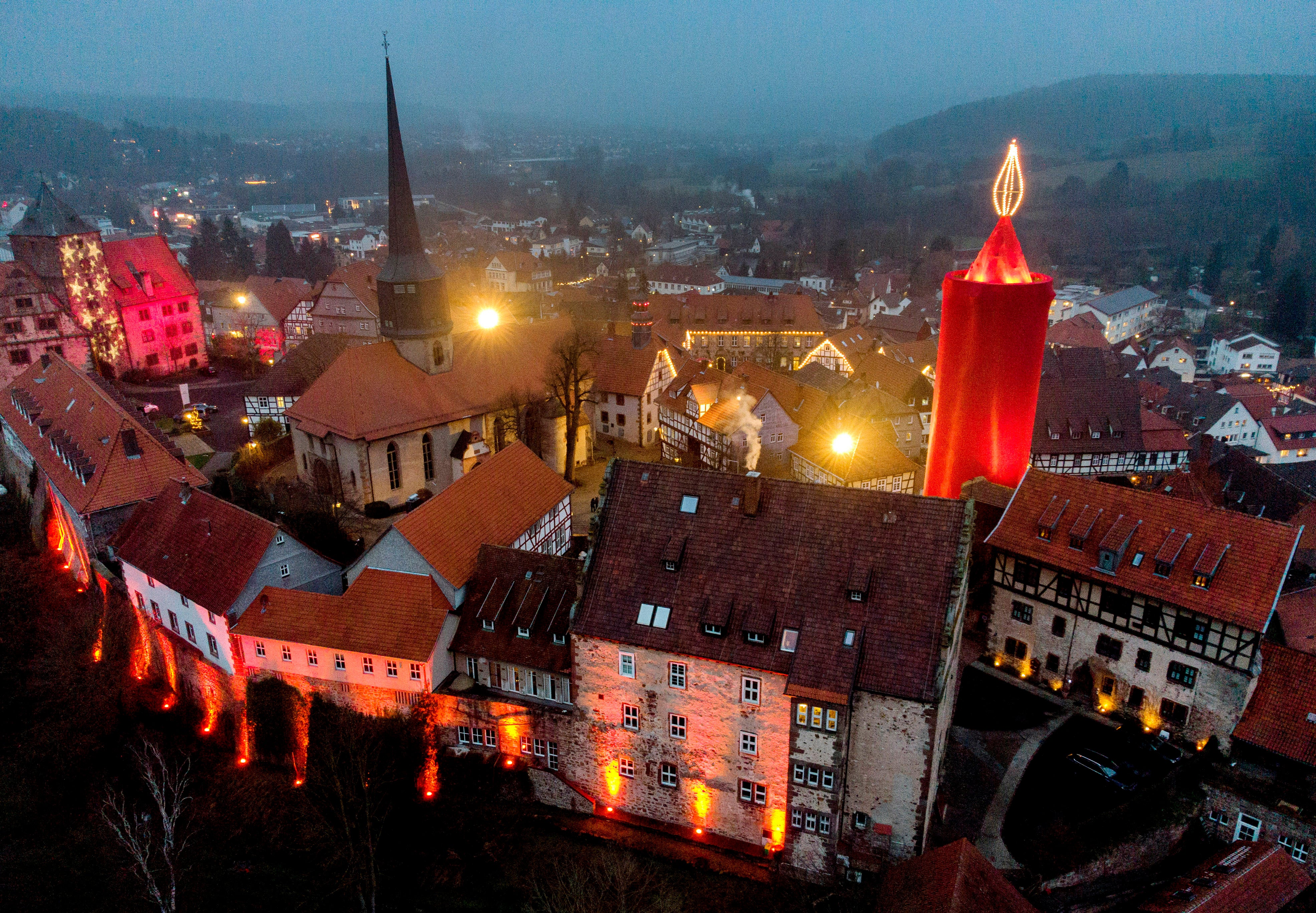German industrial production beats forecasts for October
Official data show that industrial production in Germany, Europe’s biggest economy, was up 3.2% in October compared with the previous month

Your support helps us to tell the story
From reproductive rights to climate change to Big Tech, The Independent is on the ground when the story is developing. Whether it's investigating the financials of Elon Musk's pro-Trump PAC or producing our latest documentary, 'The A Word', which shines a light on the American women fighting for reproductive rights, we know how important it is to parse out the facts from the messaging.
At such a critical moment in US history, we need reporters on the ground. Your donation allows us to keep sending journalists to speak to both sides of the story.
The Independent is trusted by Americans across the entire political spectrum. And unlike many other quality news outlets, we choose not to lock Americans out of our reporting and analysis with paywalls. We believe quality journalism should be available to everyone, paid for by those who can afford it.
Your support makes all the difference.Industrial production in Germany, Europe's biggest economy was up 3.2% in October compared with the previous month, according to official data released Monday. It was the second set of figures for October to beat economists' expectations.
The sixth consecutive monthly rise in production was fueled in part by a large increase in the important auto sector, the Economy Ministry said. It followed gains of 0.5% in August and 2.3% in September. Economists had expected a 1.6% gain.
On Friday, official data showed that factory orders rose 2.9% in October, nearly double what economists had predicted, as demand for investment goods such as factory machinery rose.
The figures point at least to a promising start to the fourth quarter. However, sharp rises in coronavirus infections led to partial shutdowns in Germany and elsewhere in Europe in November.
In Germany, restaurants, bars, sports and leisure facilities have been closed since Nov. 2, while schools and nonessential shops have remained open. Those measures, which are milder than those taken in the first phase of the pandemic, are expected to remain in place until at least Jan. 10.
“Industrial production should be the bright spot of the economy in the fourth quarter but given the negative impact from the latest lockdown measures on sentiment, services and consumption, this positive industrial momentum should in our view not be enough to avoid a double dip for the German economy,” ING economist Carsten Brezski wrote in a research note.